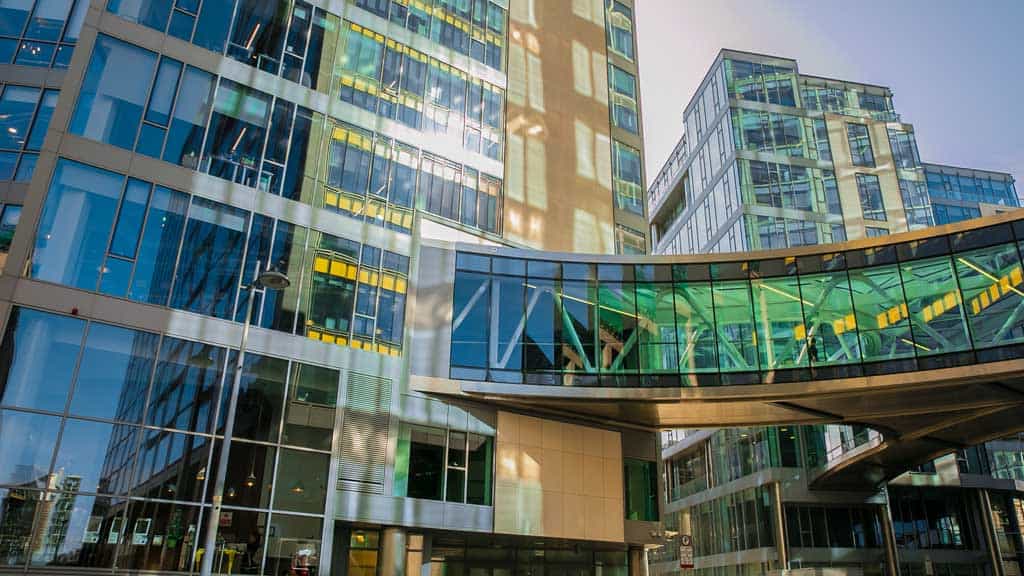Bríd O’Connell, CEO of Guaranteed Irish, investigates what implications there are for Irish businesses following Brexit
As the deadline looms for the UK to negotiate an orderly withdrawal from the European Union, businesses based in Ireland spanning a range of sectors are understandably anxious to know what impact this will have on their ability to trade and compete both in our nearest market and further afield. The potential implications of Brexit are profound, and many businesses have been preparing for some time. However, considerable sector-specific concerns remain for many of our members.
Economic challenges of Brexit
Volatility in the Euro-to-Sterling exchange rate has already had an impact for many retail and agriculture businesses, and any tariffs or enforced changes to supply chains will impact their ability to source and secure raw materials, equipment and expertise from the UK. In the short term, this could lead to chaos, with ports backed up and disruption to the flow of goods between Ireland and the UK.
At the same time, however, the UK economy is likely to slow, and greater emphasis must be placed on helping businesses in Ireland access other international markets. To do so, it will be crucial to leverage Ireland’s reputation for quality goods with a trusted provenance and reputation – particularly in sectors such as agriculture and food. Of course, there is also a risk of knock-on effects from a UK slowdown denting consumer confidence, compounding any economic damage to the country at large.
To address these challenges, there is a clear need for greater focus on four key areas if businesses in Ireland are to continue to prosper: tax, talent, infrastructure and regulation.
Opportunities to become more competitive for FDI
There are significant opportunities for Ireland to become more competitive in attracting foreign direct investment – especially as we are soon to become the EU’s major English-speaking member – and the corporate tax rate of 12.5% remains a cornerstone to achieving this. However, overly prescriptive financial administration systems are hindering our competitiveness – especially against Asian markets such as Singapore. Over-regulation is costing Irish businesses, and while regulation is essential for transparency, it must also be business-friendly.
Attracting talent from home and abroad
Attracting and retaining talent is essential to businesses across the construction, pharmaceutical, agriculture, food and hospitality sectors, in particular, but, with Brexit likely to disrupt the free movement of people between the UK and Ireland, it looks set to become even more of a priority. Greater support in advertising and promoting apprenticeship schemes and ‘learn while you earn’ programmes in these sectors will help demonstrate their value as career starters – for the entrepreneurial, those in skilled trades and in industries such as pharmaceuticals. While there is a clear industry need for talent, this must be matched by investment in training, as there is currently a mismatch across many sectors including the pharma and medtech industries. However, in order to attract external talent or ex-pats back to the country, more will need to be done to reduce the cost of living, with the income tax structure in Ireland unattractive given the standard of public services offered.
Ireland the gateway between the global east and west
Brexit presents an opportunity for Ireland to become Europe’s R&D hub across IT, fintech, pharmaceuticals and medtech, drawing on our heritage in these sectors and a highly-trained workforce. In order to capitalise on this, the Government must position Ireland as confident, transparent, accountable but also efficient in relation to regulatory controls. Ireland must be an attractive place to do business, and, together with other EU member states, it may be worth reconsidering our approach to state aid regulations, which could help Ireland become the gateway between the global east and west.
More opportunities than challenges
It’s clear then that, despite the significant obstacles Brexit – and in particular a no-deal Brexit – will present for businesses operating across the country, there is much that can be done to ensure these continue to thrive. With a number of existing and recognised strengths – including an international reputation for excellence and attractive corporate tax conditions – more can be done to provide businesses in Ireland with faster access to new markets, while continuing to position the country as an attractive investment destination.






